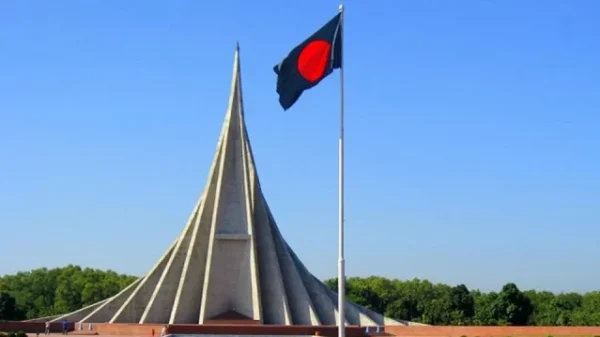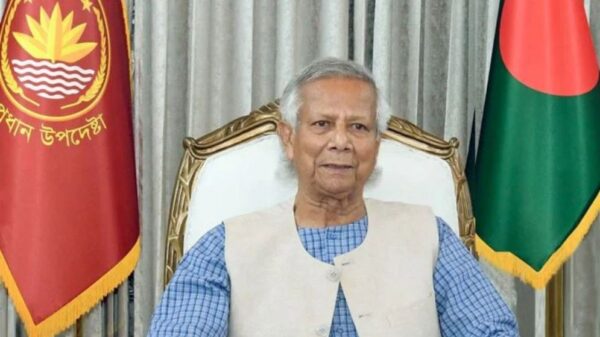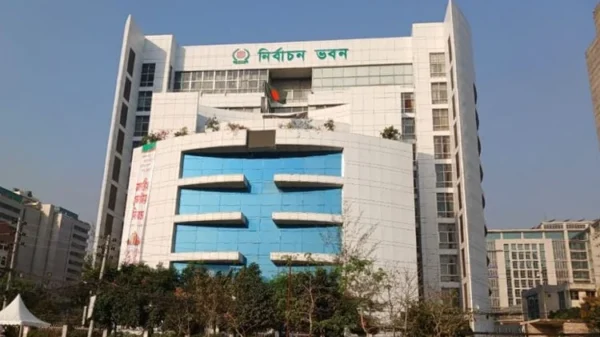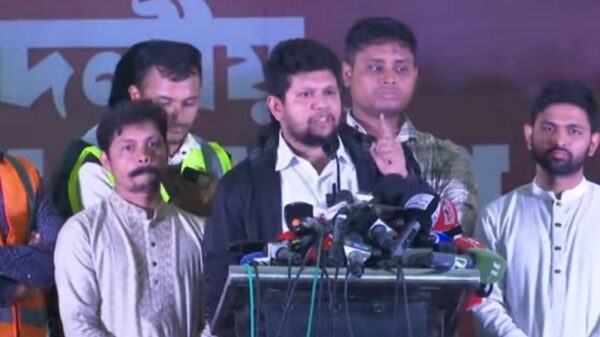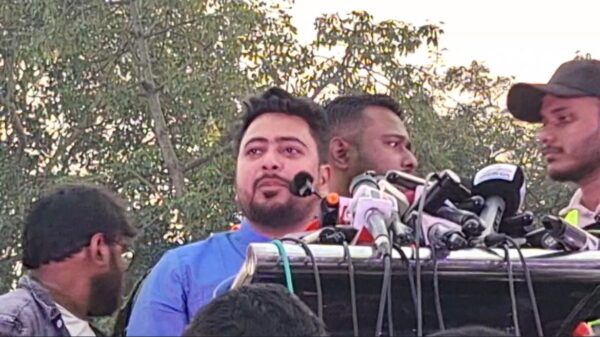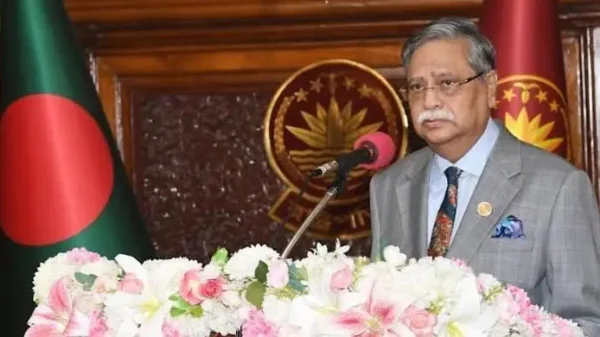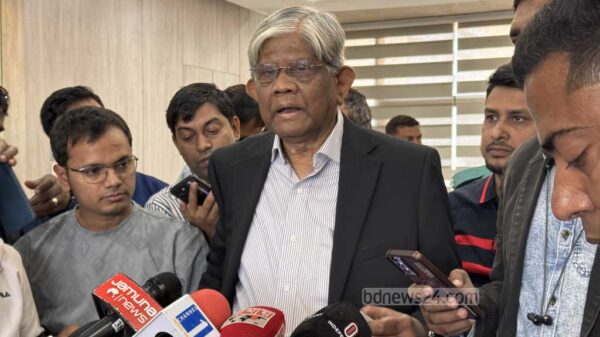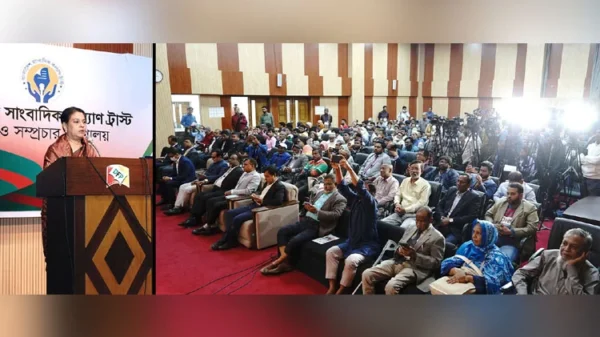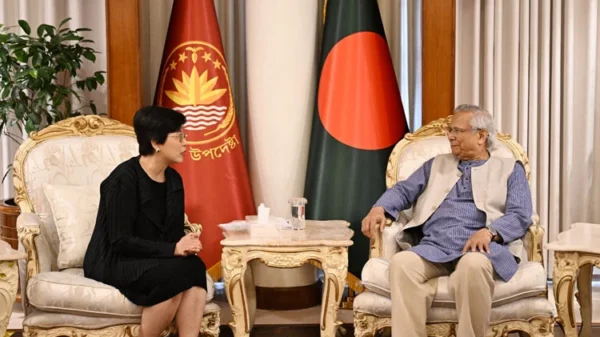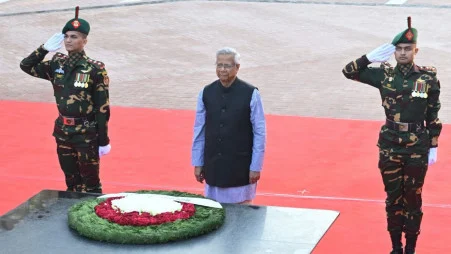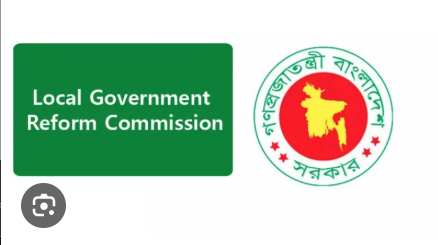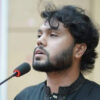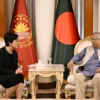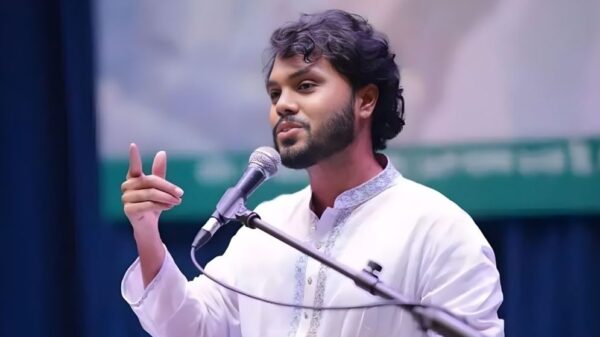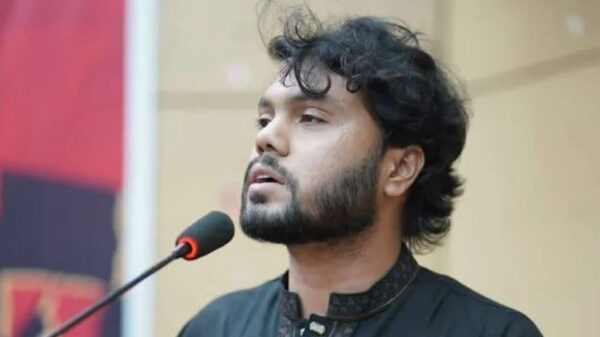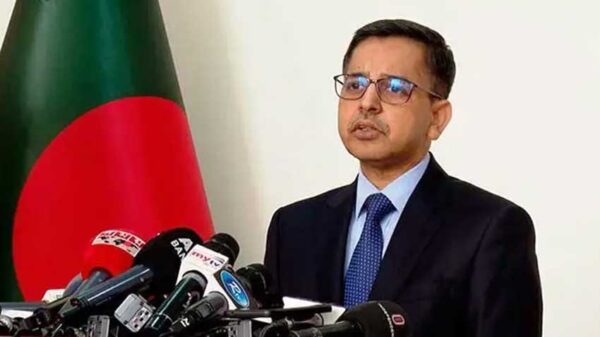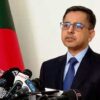Staff Reporter:
The Local Government Reform Commission has suggested transferring the control, management and monitoring of union parishads (UPs), upazila parishads and municipalities in the Hill Tracts to the Ministry of Chittagong Hill Tracts (CHT) Affairs.
It also recommended that the Local Government Division (LGD) can transfer the national budget-ary allocation of local government institutions in hill areas to the ministry every year.
A commission headed by Professor Tofail Ahmed was formed on November 18 to propose neces-sary reforms to strengthen and make local government effective.
According to the initial report of the reform commission published on the commission’s website, since there has been a delay in starting the work in full-fledged way, some more time will be re-quired to complete the full report.
Meantime, the government is discussing the reforms with national leaders by forming a National Consensus Commission.
Therefore, in order to facilitate the process of discussion and consensus-building, the Local Gov-ernment Reform Commission has decided to present some initial basic recommendations prepared by this commission for discussion by the government and the Consensus Commission.
Two more chapters have been added to the initial recommendations, specifically an opinion survey conducted by the Bangladesh Bureau of Statistics (BBS) among 46,680 respondents across the country and a chapter on elections.
The recommendations on the local government of the Chittagong Hill Tracts stated that the Chit-tagong Hill Tracts has been recognized as a “special region”.
There is geographical diversity, especially the hills and rivers, and a total of 13 different ethnic groups, including Bengalis, live here. They have different languages, religions, cultures, customs, traditions and social behaviors.
In this region, there is a traditional headman, a circle head, a market fund, a statutory union coun-cil, an upazila council, a municipality, a district council (formed under a special law) and a regional council consisting of three districts for the Chittagong Hill Tracts alone.
Of these seven institutions, only the “market fund” institution can be abolished and the remaining six institutions can be kept intact.
By abolishing the ‘market fund’ institution, the market revenue should be collected under the con-trol of the upazila council by transferring these revenues to a central fund through a free competi-tive auction through a committee chaired by the Upazila Nirbahi Officer (UNO), assistant commis-sioner (land) and Upazila Council president and the revenue can be distributed proportionately among Union Parishad, Municipal Circle Chief and the national government as needed.
The recommendation stated that the election schedule for the Hill District Council can be an-nounced by 2025 after making the necessary amendments to the District Council Act.
There have been no elections to the Hill District Council since 1989. As a result, this council is losing political legitimacy.
The next Jatiya Sangsad will decide on the amendment of the Regional Council Act and the elec-tions. The status quo can continue.
The commission believes that it is necessity to create separate manpower, land survey at three lev-els, and a union and municipality-based citizen information repository in the Chittagong Hill Tracts by 2026.
Peace and stability in the hilly regions will not be sustainable unless there is widespread employ-ment, establishment of public security and links of subversive activities outside the border and an-ti-sovereignty acts are cut off.
Therefore, the commission mentioned in its recommendation that the main goal and task of the local governments in the Chittagong Hill Tracts should be to ensure the participation of all ethnic groups, large and small, in governance and development.


